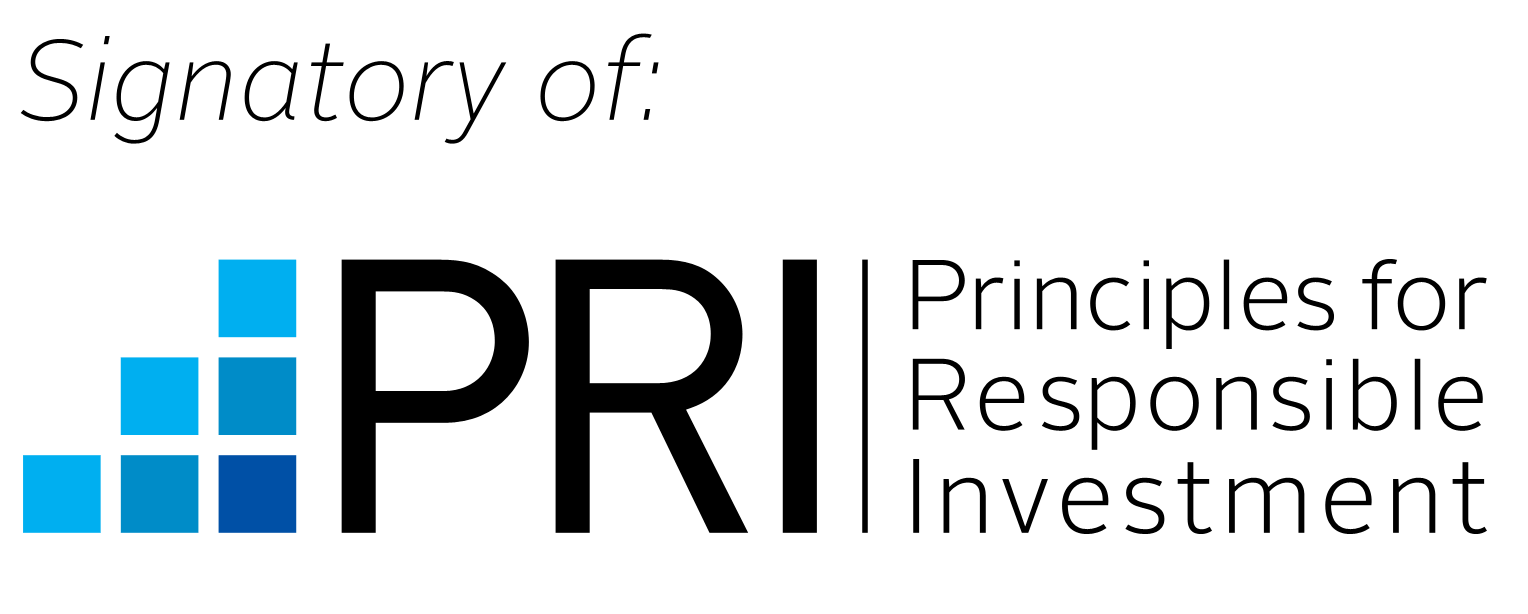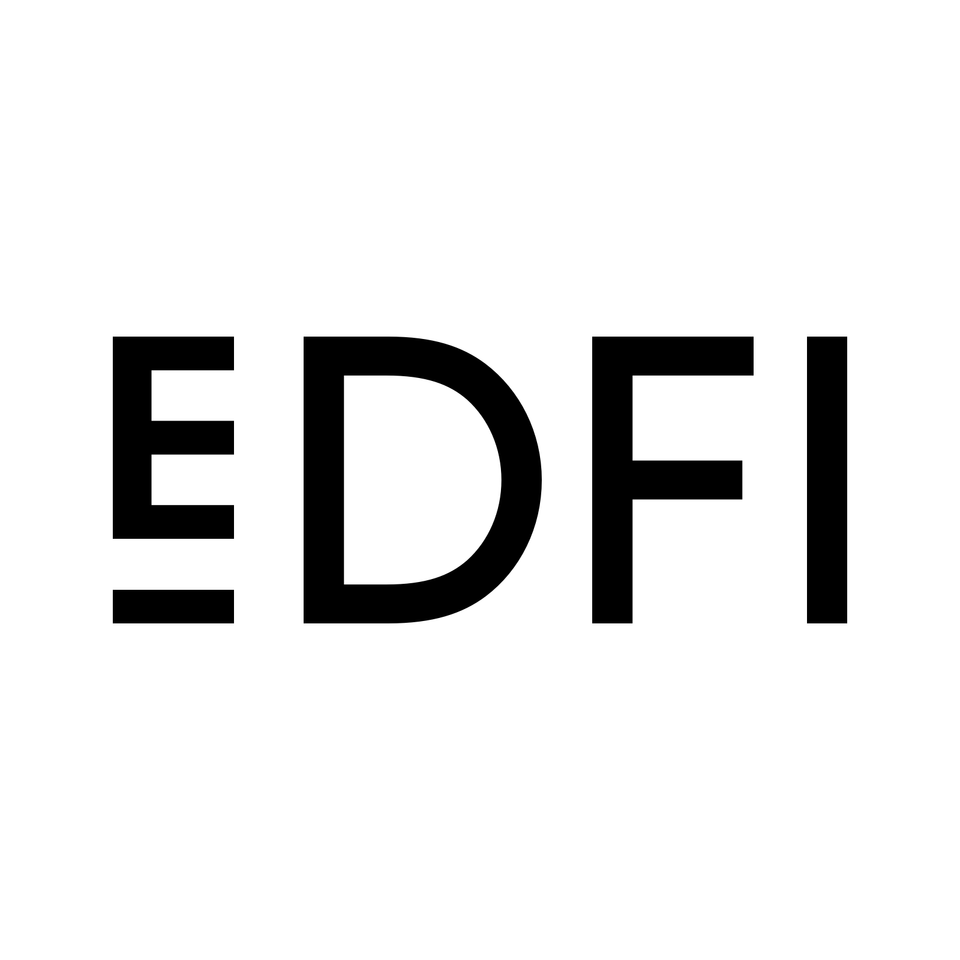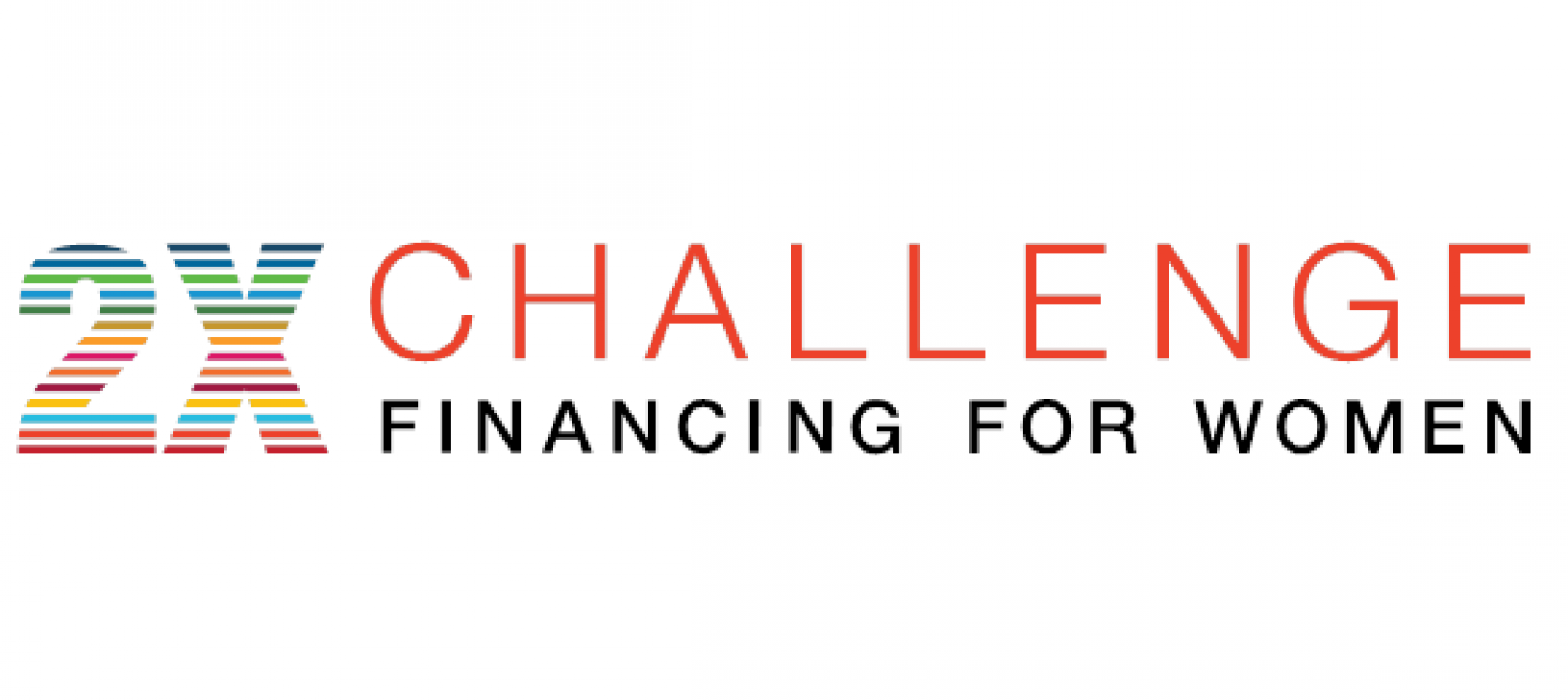Responsible business
We engage in several initiatives focused on developing a common approach to E&S and impact, resulting in more responsible business practices across the industry.
UN Principles for Responsible Investment

More than 2,000 organizations, representing over US$80 trillion in assets, have signed the PRI. This initiative aims to develop a sustainable global financial system by defining responsible investment as a strategy and to incorporate ESG factors into investment and ownership decisions.
As a signatory, FMO has applied PRI’s six principles since 2011. This entailed incorporating ESG into investment practices (Principle 1 and 2), disclosing on ESG issues (Principle 3), supporting acceptance and effective implementation of the principles (Principle 4 and 5), and reporting on progress (Principle 6). Our performance significantly improved across the year and in 2019 we received the highest score (A+) across the board. Our transparency report is available on the PRI website.
EDFI Harmonization

EDFI, the association of European Development Finance Institutions, launched the Harmonization Initiative on Responsible Financing and Impact Measurement in 2019. This is a multi-year program to harmonize approaches to economic and social impact and share E&S best practices. By making the SDG contributions of our clients measurable and comparable across the industry, we can be held accountable for progress and communicate it more clearly to our stakeholders.
FMO is involved in the key priority topics for 2019: decent jobs (SDG 8), climate action (SDG 13), gender equality (SDG 5), reduced inequality (SDG 10), and partnerships (SDG 17). Several milestones were achieved:
SDG 5: To harmonize the way we monitor activities around gender finance, EDFI members agreed to report gender smart investments according to the 2X Challenge (explained below) and prepared guidance on how the apply its criteria.
SDG 8: To ensure the number of jobs reported are comparable and to encourage action where needed, EDFI members agreed to harmonize definitions (scope, coverage, and unit), data gathering and reporting for direct jobs. Implementation will take place in 2020 for joint reporting in 2021.
SDG 8: An open access model to measure indirect jobs was developed in cooperation with Steward Redqueen, FMO, Proparco, CDC, AfDB, and BIO. A webinar was organized in November 2019 to allow other organizations to learn about and adopt the model.
SDG 10: EDFI members agreed on an approach for joint reporting of financing flows to countries with greatest needs, based on the OECD DAC country income classification and the World Bank Harmonized List of Fragile Situations.
SDG 13: To align approaches to calculate avoided GHG emissions for mitigation projects, EDFI members are collaborating to define and use common definitions, methodologies and data sources (e.g. based on Multilateral Development Banks (MDB), the International Development Finance Club (IDFC) and IFI Technical Working Group (TWG)) and introduce a joint EDFI reporting for GHG accounting.
SDG 17: EDFI agreed to report aggregate EDFI mobilization figures of private co-financing to joint reports with MDBs.
Developing a new impact model
In 2019, as part of the EDFI harmonization program, a number of EDFI members took the initiative to develop a harmonized input-output model which estimates the indirect jobs effects (through the value chain) of our investments made.
Harmonization requires alignment of the methodologies, underlying macro data and client data used to run the model. The Joint Impact Model that has resulted from this initiative was developed by Steward Redqueen. Besides the EDFIs, the African Development Bank and FinDev Canada have also joined the initiative.
The Joint Impact Model will apply different, more conservative assumptions and attribution rules than our current impact model. Consequently, we will not be able to compare the number of jobs supported in 2020 with the 2010-2012 baseline. A description of the current impact model is available on our website and a dedicated website was launched on the Joint Impact Model (https://jointimpactmodel.com/).
2X Challenge

The 2X Challenge was launched in 2018 by the Overseas Private Investment Corporation (now DFC), CDC and other DFIs from the G7 countries. Together, they mobilize investments that provide women in developing countries with leadership opportunities, quality employment, finance, enterprise support and products and services that enhance their economic participation and access. This initiative is a first step to standardize reporting on gender investments in emerging markets and to set financial ambition among DFIs. FMO joined the 2X Challenge in 2019 and is working to better track its investments towards gender finance and engage with investors and clients to increase gender equality.